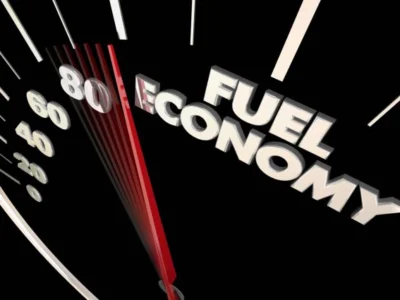Nudging State Parks
 The Sacramento Bee comes through with another essential backgrounder on Proposition 21. Among the takeaway points:
The Sacramento Bee comes through with another essential backgrounder on Proposition 21. Among the takeaway points:
*The parks have a $1 billion maintenance backlog;
*Nationwide experts consider the California system to be the nation’s most endangered;
*Among those 10 states with the nation’s biggest systems, only California and Massachusetts lack a dedicated funding source.
The most recent state to adopt a specific charge was Montana, famed for its left-liberal deep blue politics.
One aspect of the article contained some theoretical value: apparently, the Montana fee allows taxpayers to opt out. Yet it does not seem to have significantly reduced the money derived from it.
Cue Cass Sunstein and Richard Thaler, whose Nudge: Improving Decisions About Health, Wealth, and Happiness might have predicted such an outcome. Sunstein and Thaler suggest that because human beings are powerfully guided by inertia, “choice architects” can help ensure certain individual decisions while not preventing individual choice. Their classic example is trying to get teenagers in high school cafeteria to stop eating so many sweets. You can simply ban them, or you can place them at the end of line. The latter alternative will yield a reduction in consumption even though the students are theoretically free to choose another alternative.
Proposition 21 should pass. It’s necessary, and a real bargain for taxpayers. But we still might look to various nudges as a way of funding relatively popular public goods. And careful empirical research might help reveal which opt-outs are more or less likely to yield revenue. The annual California State Bar renewal form has an opt-out for the state Supreme Court Historical Society. I usually let it go because I’m a history buff, but somehow I doubt it’s raising much money.







Reader Comments